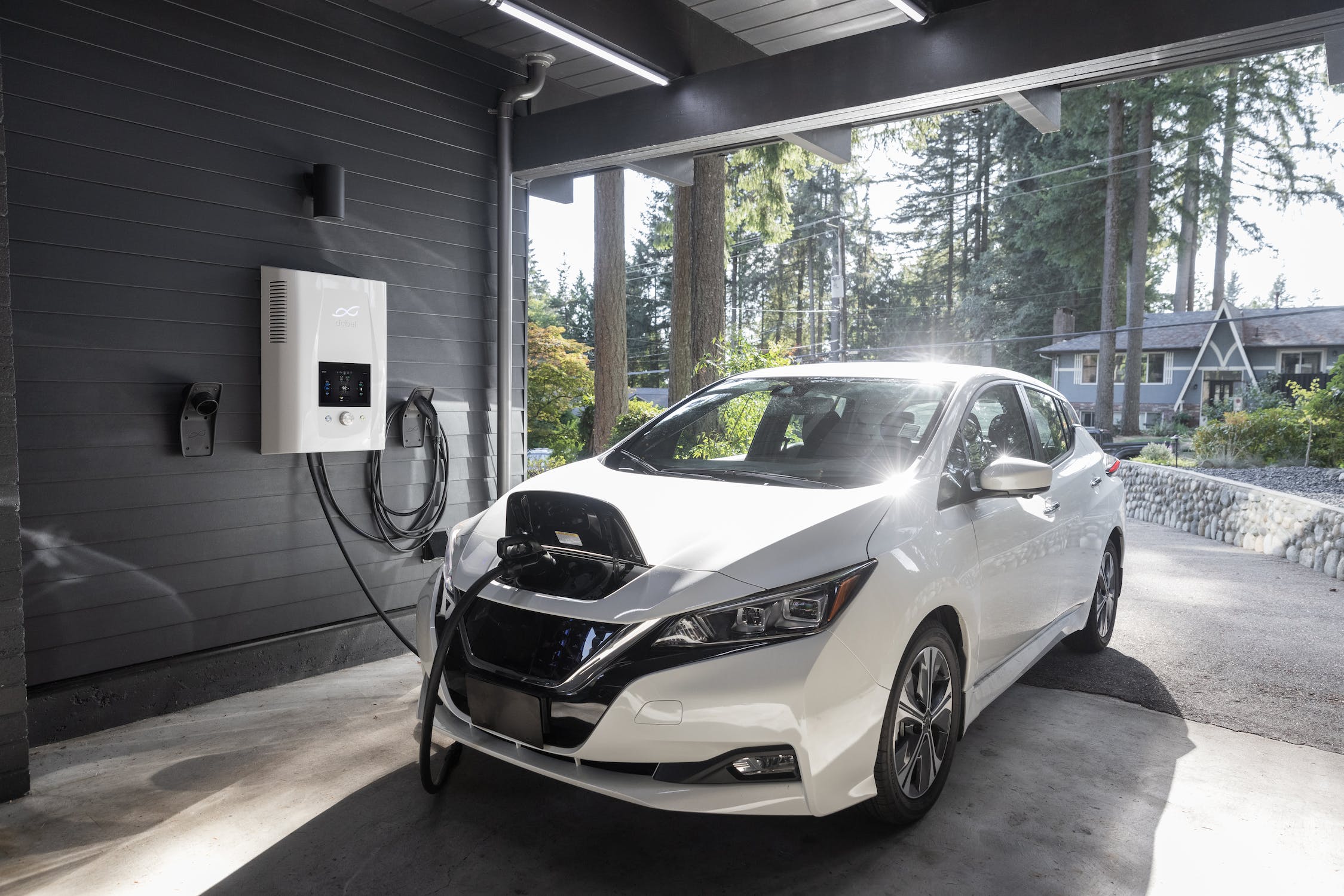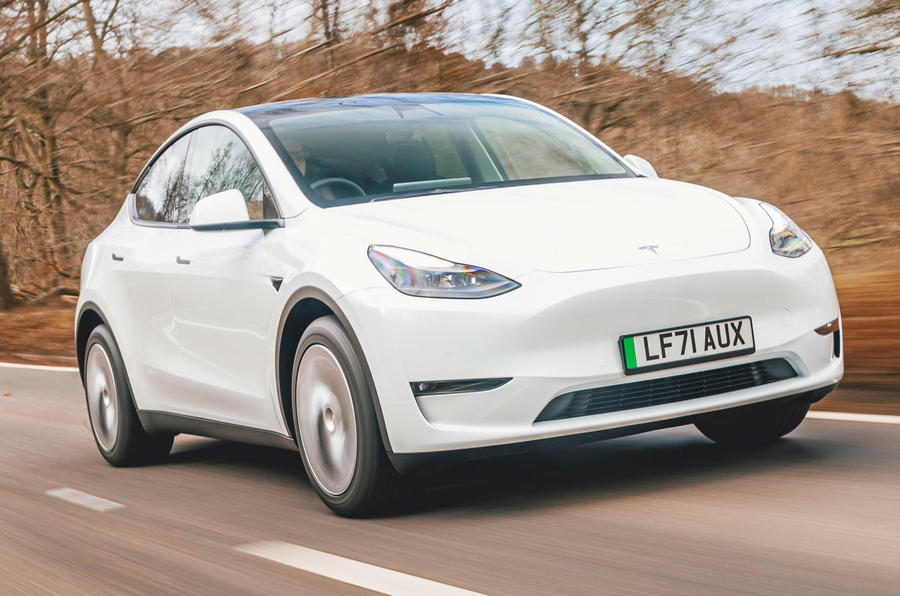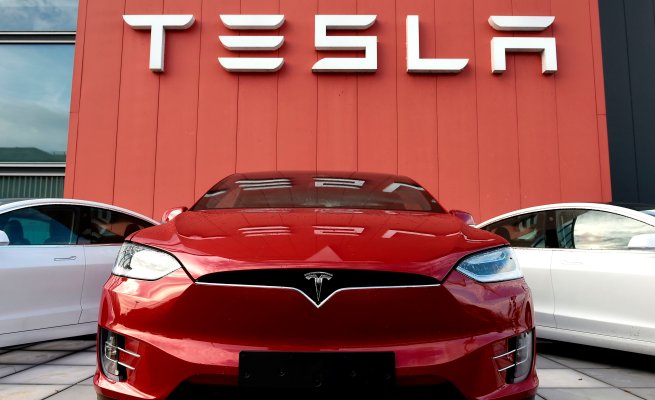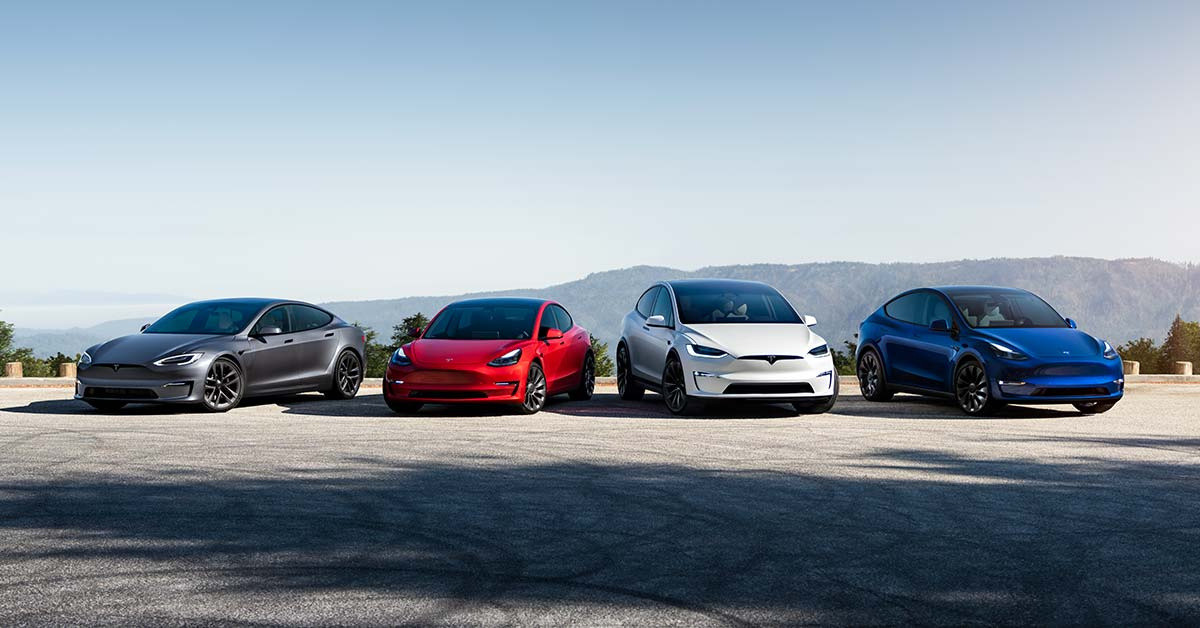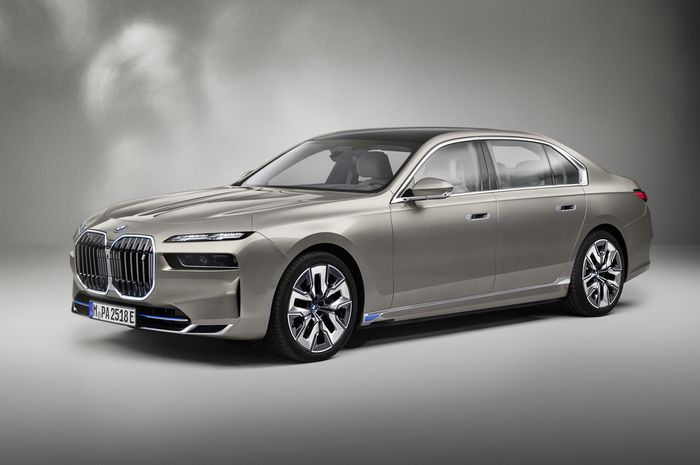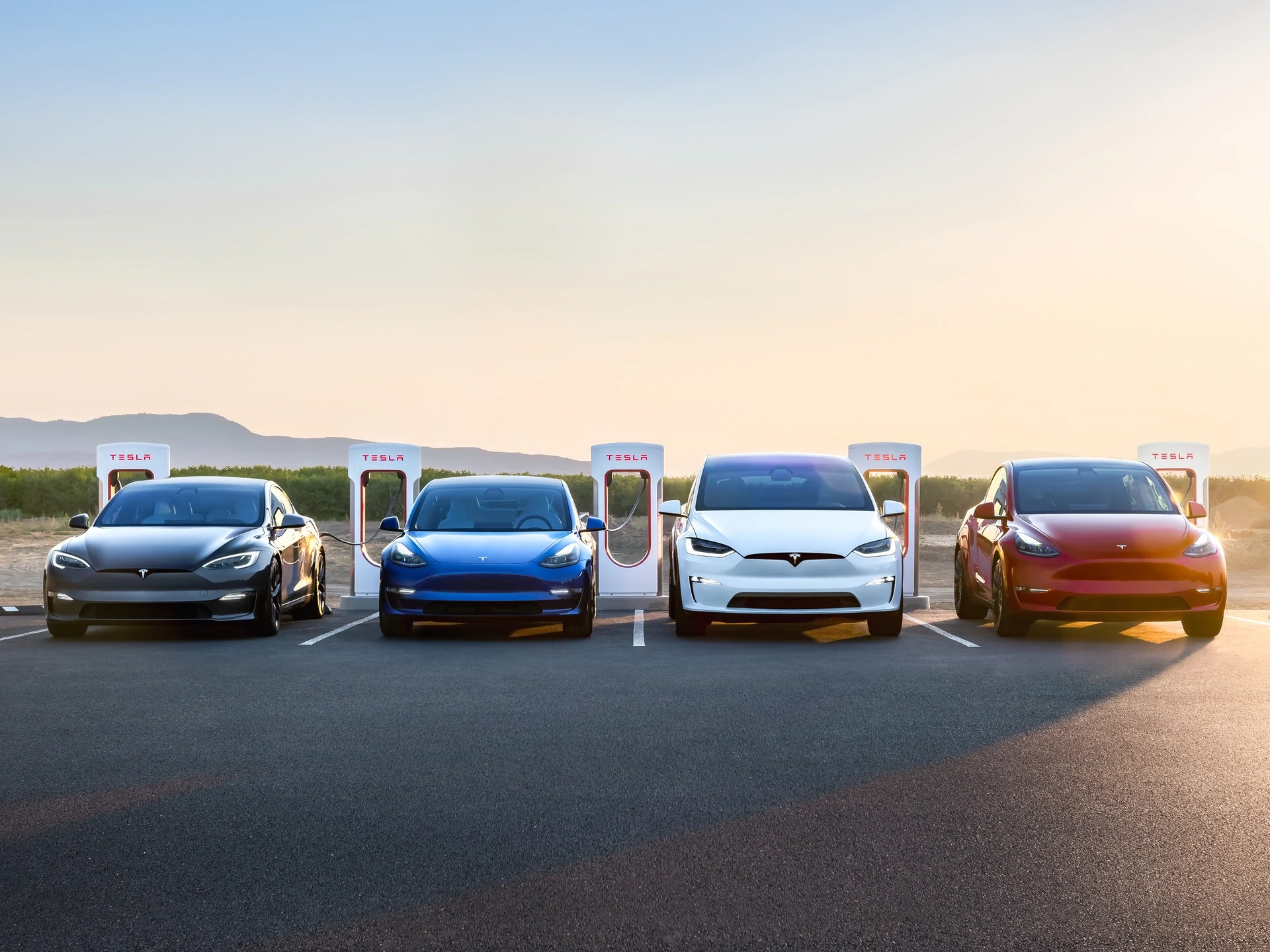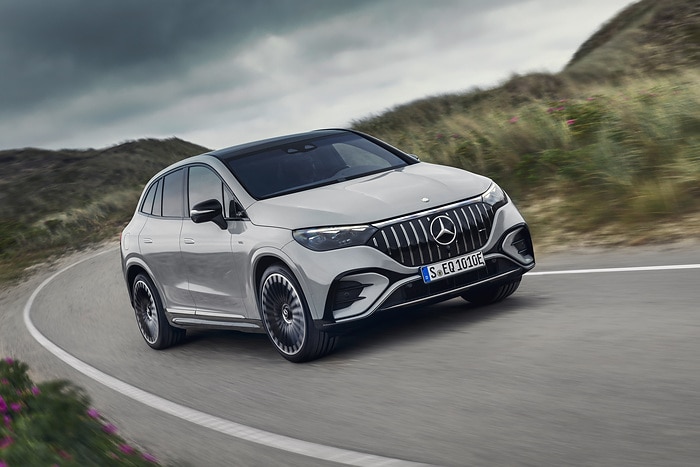According to recent sales data from Germany’s Motor Transport Authority, the electric vehicle (EV) and hybrid market has taken a hit in the country. Last month, sales of fully-electric vehicles saw a drop of 13.2 percent compared to the same period in January 2022, while hybrids experienced a dip of 6.2 percent. Meanwhile, sales of traditional gasoline-powered vehicles increased by 3.5 percent.
These declining sales figures are largely attributed to the changes made to government subsidies. Prior to January, the German government offered a €9,000 ($9,602) subsidy for EVs with a net list price below €40,000 ($42,677), split between the consumer and car manufacturer. However, this subsidy has now been reduced by half to €4,500 ($4,801). In addition, subsidies for hybrids with a net list price below €40,000 ($42,677) were abolished completely.
Furthermore, the recent decline in EV and hybrid sales can also be attributed to a surge in sales towards the end of last year as consumers rushed to take advantage of the subsidies before they were reduced or discontinued.
According to The Wall Street Journal, the Association of the Automobile Industry in Germany predicts that total sales of EVs and hybrids will decrease by 8 percent in 2023 compared to the previous year. The sales of hybrids are expected to take a particularly hard hit and could decline by 20 percent.

